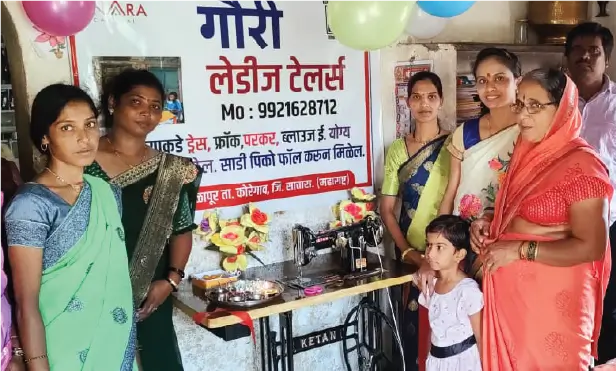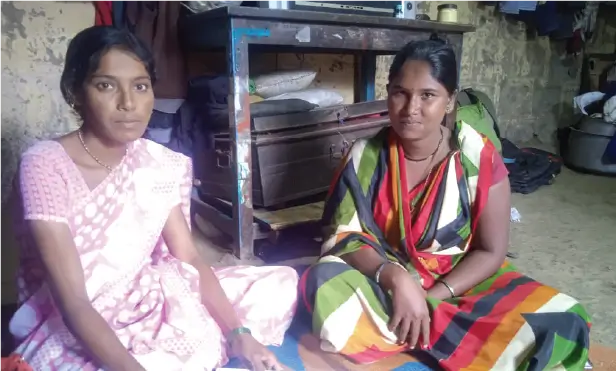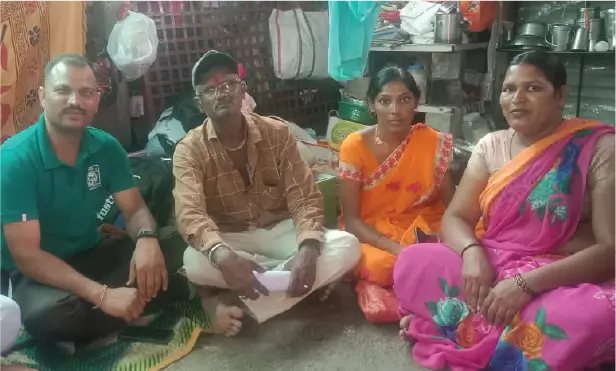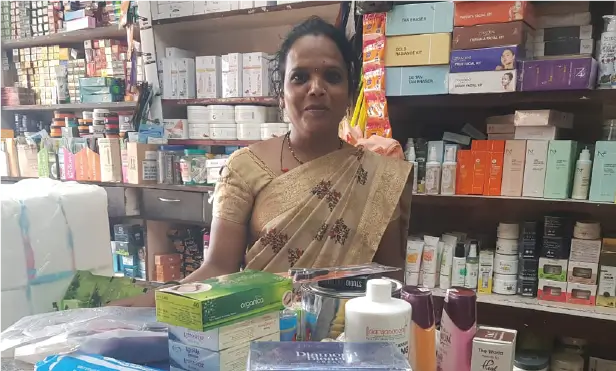SEWA co-op Abodana Mandali pivoted from its previous focus on handicrafts to creating affordable facemasks during the Covid pandemic. This helped the co-op members earn a sustainable income during uncertain times by producing essentials. The income served as a lifeline for the women and their families.

Total No. of Women Micro-entrepreneurs Supported
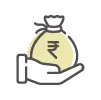
Cumulative Income Paid to Women Micro-entrepreneurs

Total No. of Masks Created
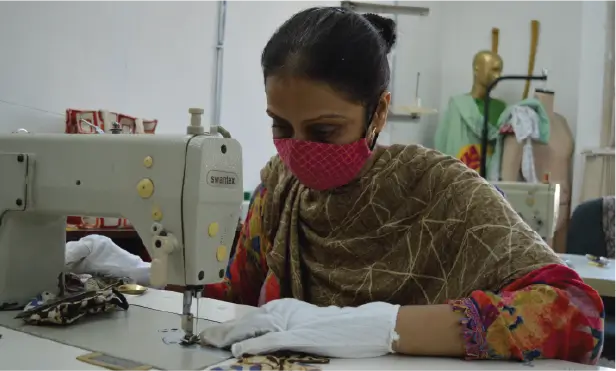
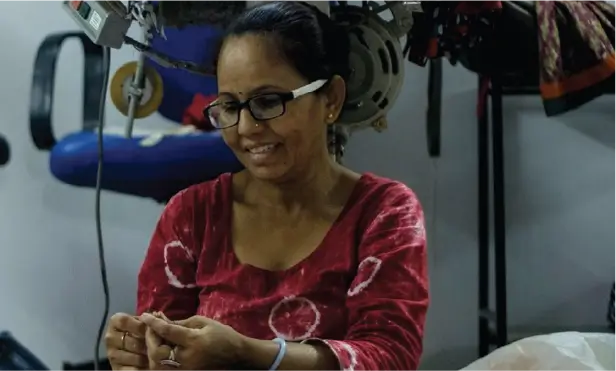
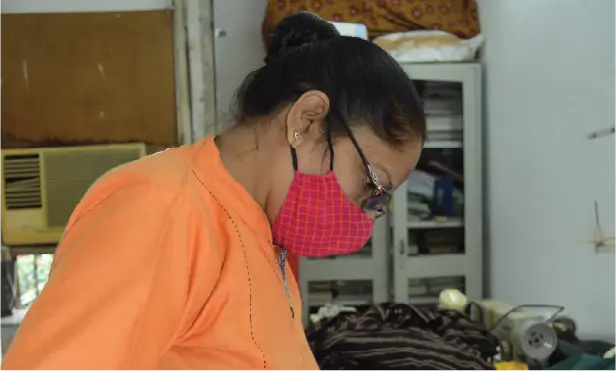
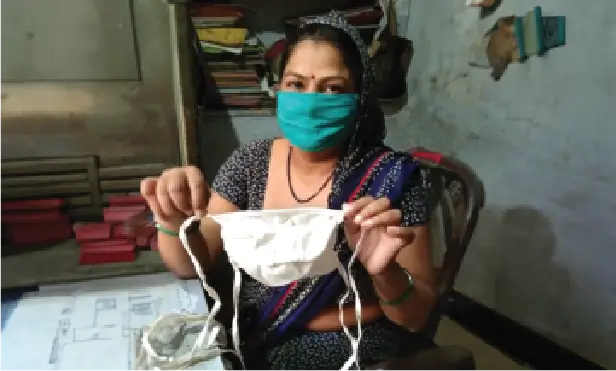
SEWA co-op Lok Swasthya Mandali pivoted from Ayurvedic products to producing low-cost hand sanitizers during the pandemic. This new venture helped the women who were members of the co-op earn a sustainable income to support their families, while also producing affordable essential products.

Total No. of Women Micro-entrepreneurs Supported
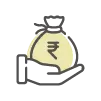
Cumulative Income Paid to Women Micro-entrepreneurs
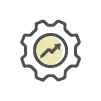
Total Production Quantity
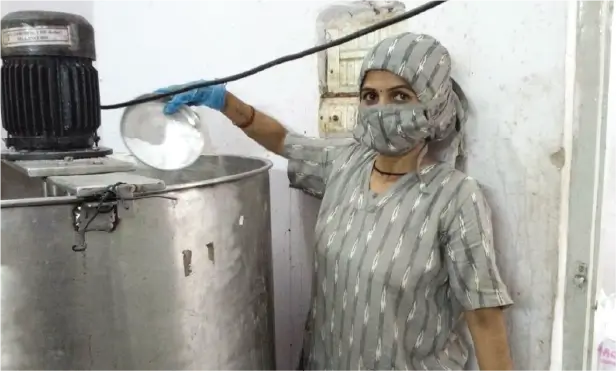
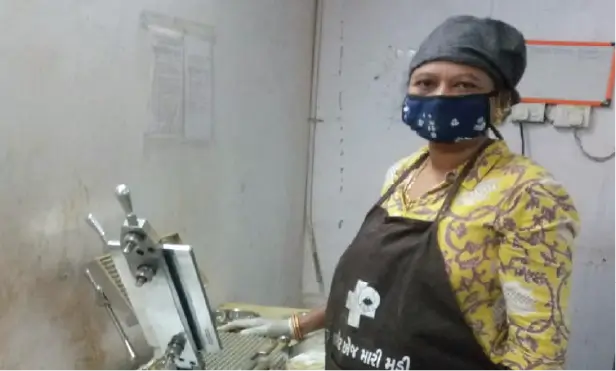
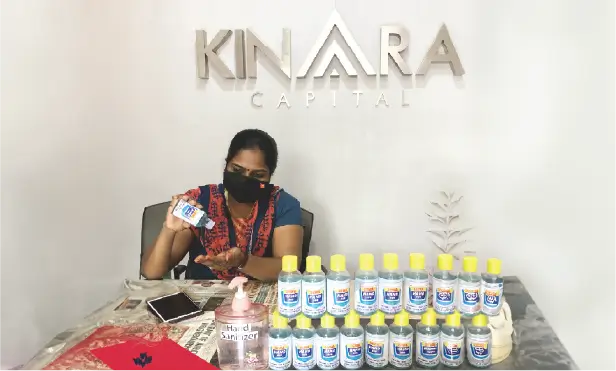
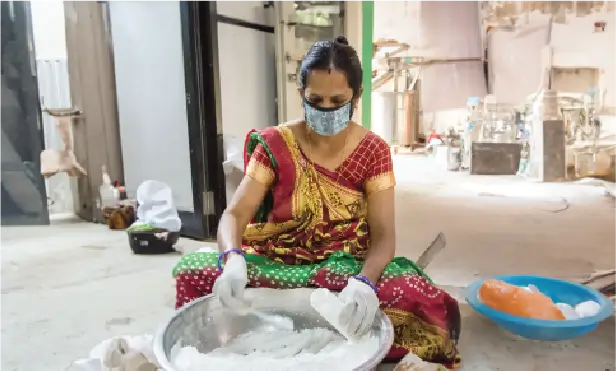
Akshaya Patra provided hot cooked meals to the marginalized families during the Covid pandemic.
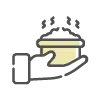
Total No. of Hot Meals Served during Covid Pandemic
Cumulative Income Paid to Women Micro-entrepreneurs
Total Production Quantity
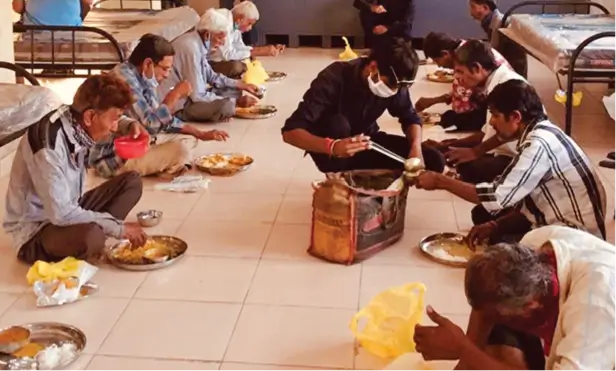

Good Health and Well-being


SEWA Trupti Nashta co-op purchased kitchen equipment necessary for food production as they moved to a cloud kitchen model. The funds also helped create educational material for capacity building.

Total No. of Women Micro-entrepreneurs Benefited with Income Generation

Average Monthly Income per Women Micro-entrepreneur
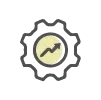
Total Production Quantity
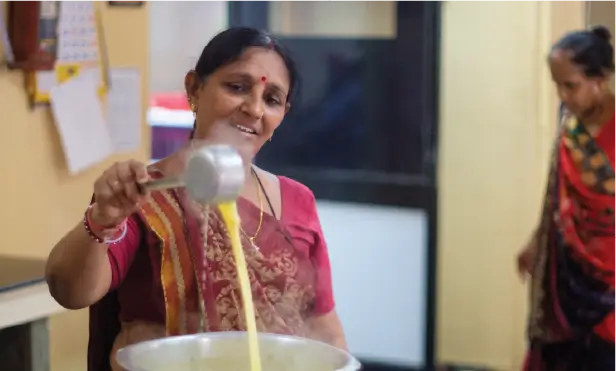
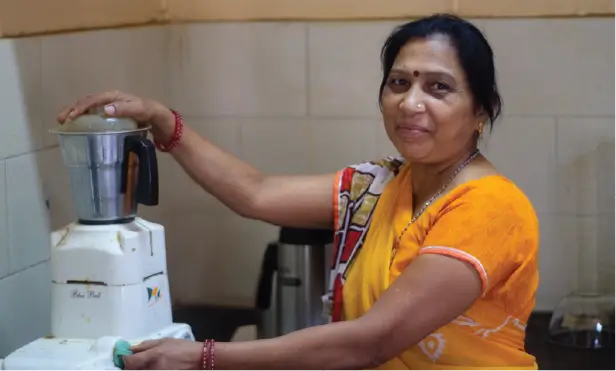
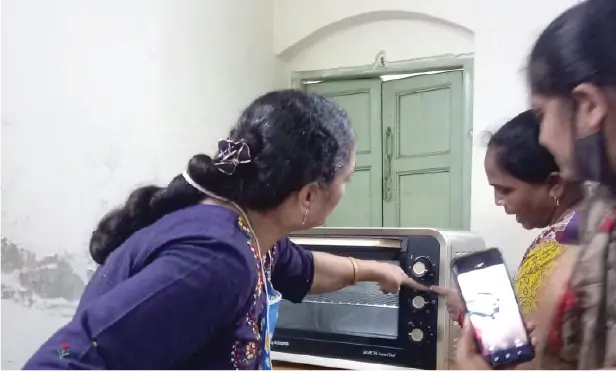
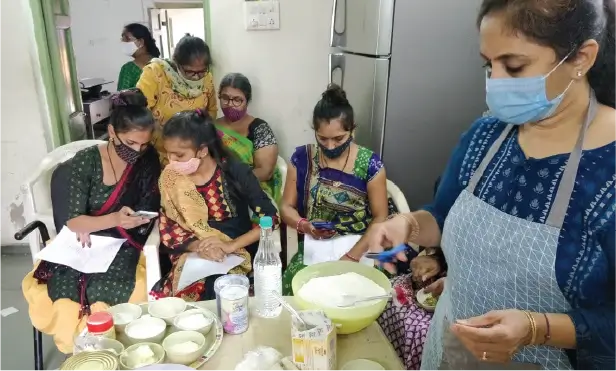
Children of India Foundation established a program focused on upskilling and providing micro-entrepreneurial opportunities to victims of the exploitative 'Devadasi' tradition (systemic prostitution) in North Karnataka. The young women were provided with Entrepreneurial Development Training, along with vocational training like driving, shop management, and tailoring.
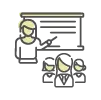
Total No. of Women Micro-entrepreneurs Trained in Starting their own Business
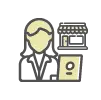
No. of New Women Micro-entrepreneurs Launched
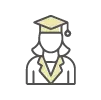
No. of New Women EDP graduates
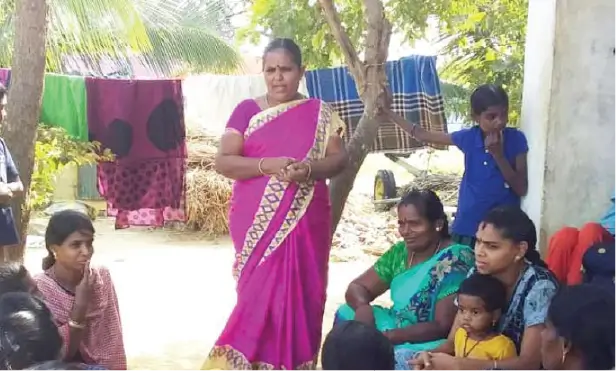
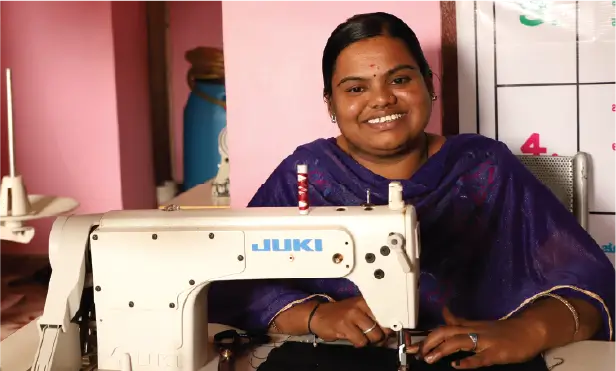
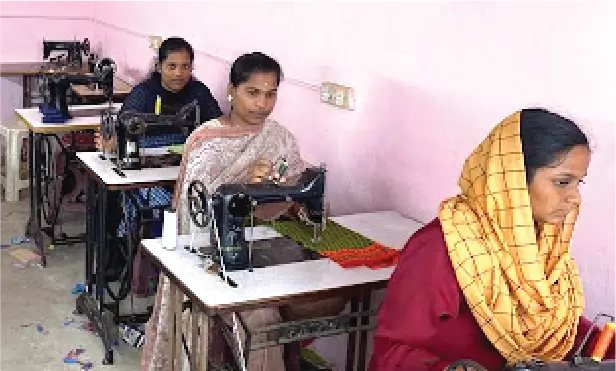
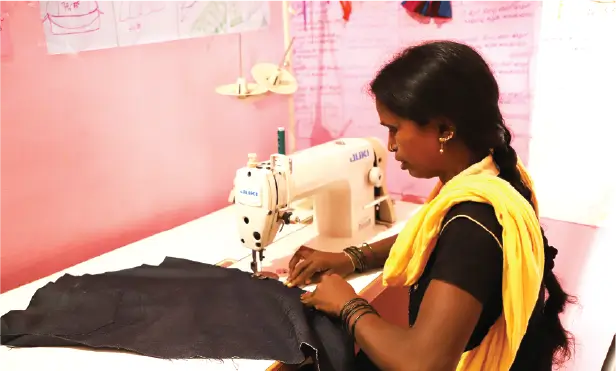
CIF identified women in Tiruppur & Krishnagiri who lost an earning family member due to Covid-19 and wanted to become financially independent. They were supported with entrepreneurial development training (EDP), vocational training and business development skilling. Some were provided seed capital to launch their own businesses.

Total No. of Women Micro-entrepreneurs Supported
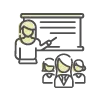
No. of Women who received Skills+EDP Training

No. of New Women Entrepreneurs Launched
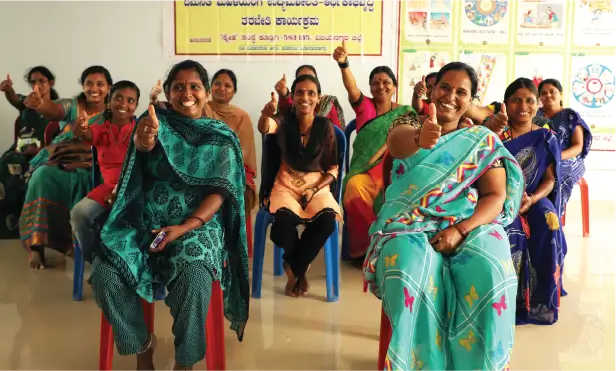
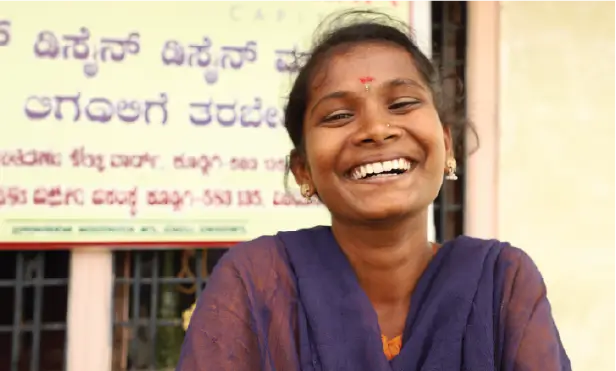
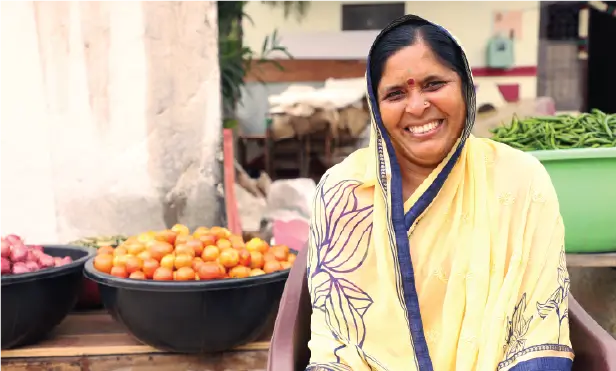
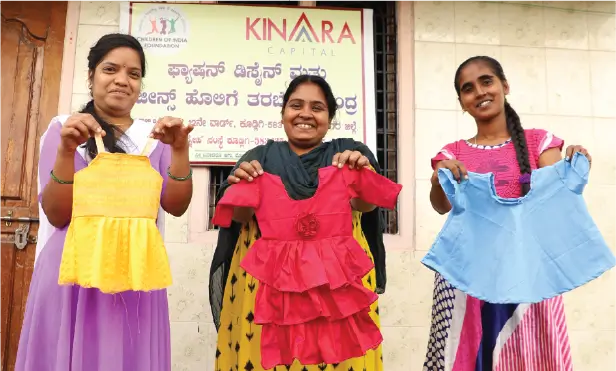
PURE India Trust started a 6-month entrepreneurial program to provide marginalized women across 35 communities with mentorship and guidance on account management, customer relations, and business growth, and a one-time grant to start their business. It established 55 new women micro-entrepreneurs, of which 25 were disabled.
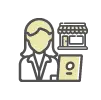
Total No. of New Women Micro-entrepreneurs Launched
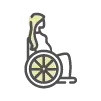
No. of Physically-challenged Women Entrepreneurs Supported
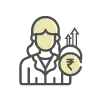
Total Profit Generated by Women Entrepreneurs
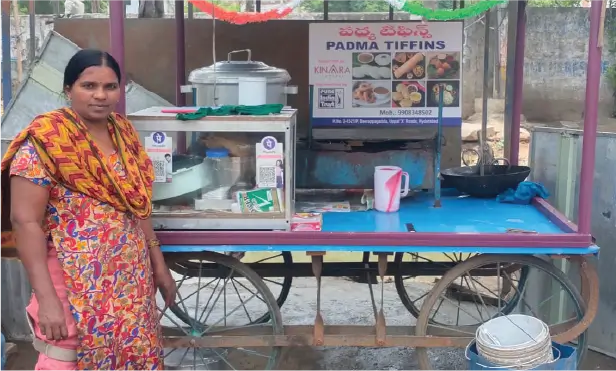
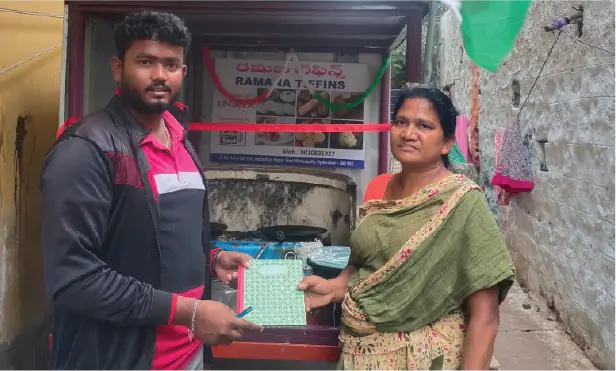
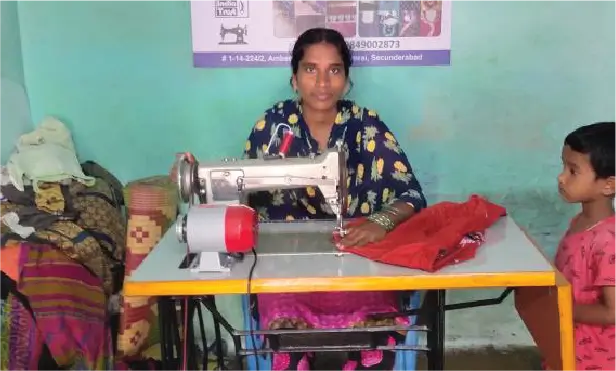
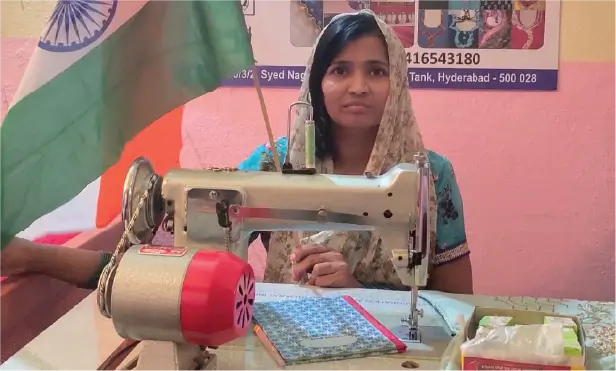
PURE India Trust provided financial literacy, business management training, market linkages, and a one-time grant to women entrepreneurs to start their own business. The project established 35 new women micro-entrepreneurs, of which 5 were disabled.
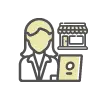
Total No. of New Women Micro-entrepreneurs Launched
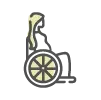
No. of Physically-challenged Women Entrepreneurs Supported

Average Monthly Income per Woman Micro-entrepreneur
